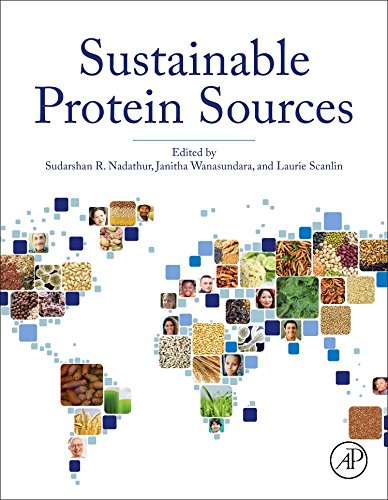

Most ebook files are in PDF format, so you can easily read them using various software such as Foxit Reader or directly on the Google Chrome browser.
Some ebook files are released by publishers in other formats such as .awz, .mobi, .epub, .fb2, etc. You may need to install specific software to read these formats on mobile/PC, such as Calibre.
Please read the tutorial at this link: https://ebookbell.com/faq
We offer FREE conversion to the popular formats you request; however, this may take some time. Therefore, right after payment, please email us, and we will try to provide the service as quickly as possible.
For some exceptional file formats or broken links (if any), please refrain from opening any disputes. Instead, email us first, and we will try to assist within a maximum of 6 hours.
EbookBell Team

4.8
64 reviewsProtein plays a critical role in human nutrition. Although animal-derived proteins constitute the majority of the protein we consume, plant-derived proteins can satisfy the same requirement with less environmental impact. Sustainable Protein Sources allows readers to understand how alternative proteins such as plant, fungal, algal, and insect protein can take the place of more costly and less efficient animal-based sources.
Sustainable Protein Sources presents the various benefits of plant and alternative protein consumption, including those that benefit the environment, population, and consumer trends. The book presents chapter-by-chapter coverage of protein from various sources, including cereals and legumes, oilseeds, pseudocereals, fungi, algae, and insects. It assesses the nutrition, uses, functions, benefits, and challenges of each of these proteins. The book also explores opportunities to improve utilization and addresses everything from ways in which to increase consumer acceptability, to methods of improving the taste of products containing these proteins, to the ways in which policies can affect the use of plant-derived proteins. In addition, the book delves into food security and political issues which affect the type of crops that are cultivated and the sources of food proteins. The book concludes with required consumer choices such as dietary changes and future research ideas that necessitate vigorous debate for a sustainable planet.